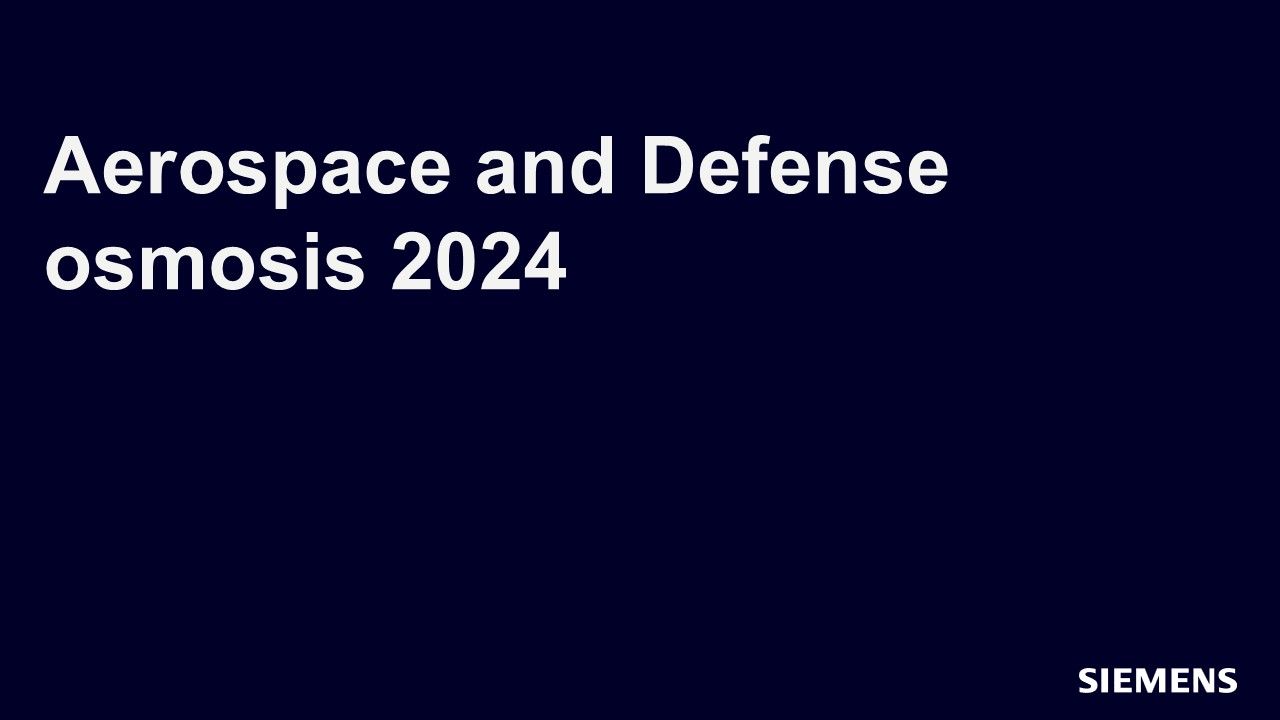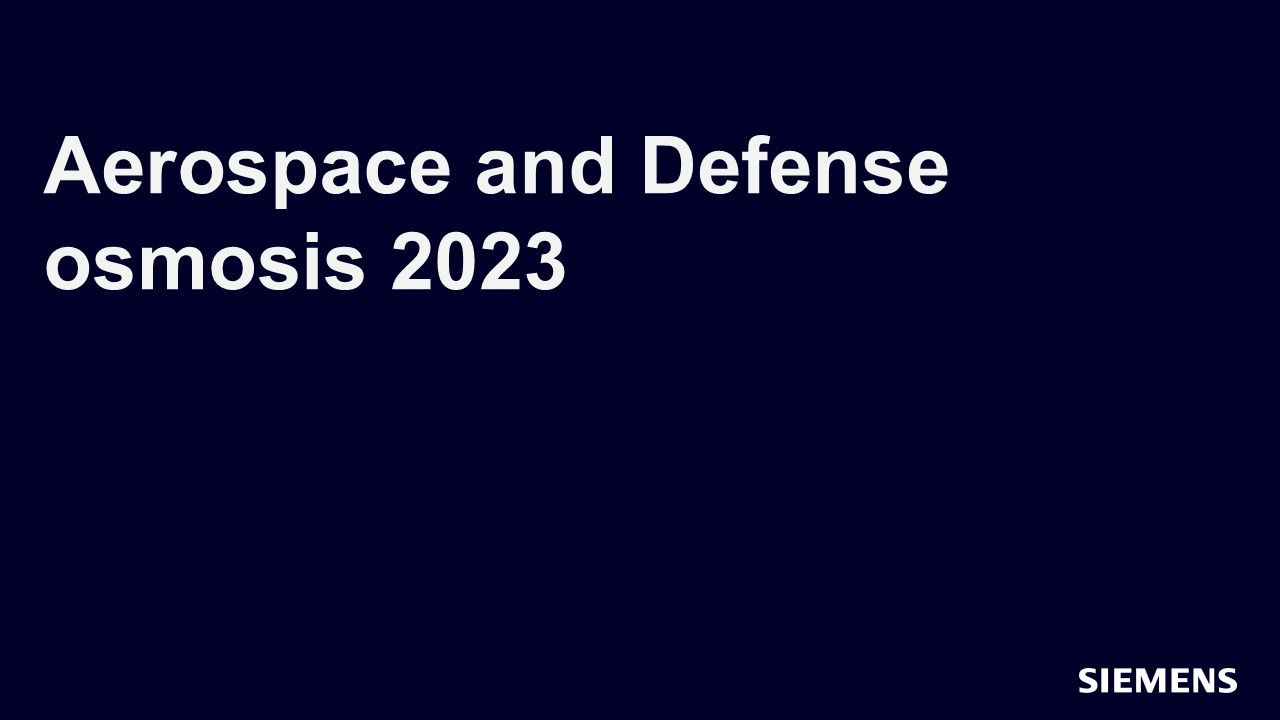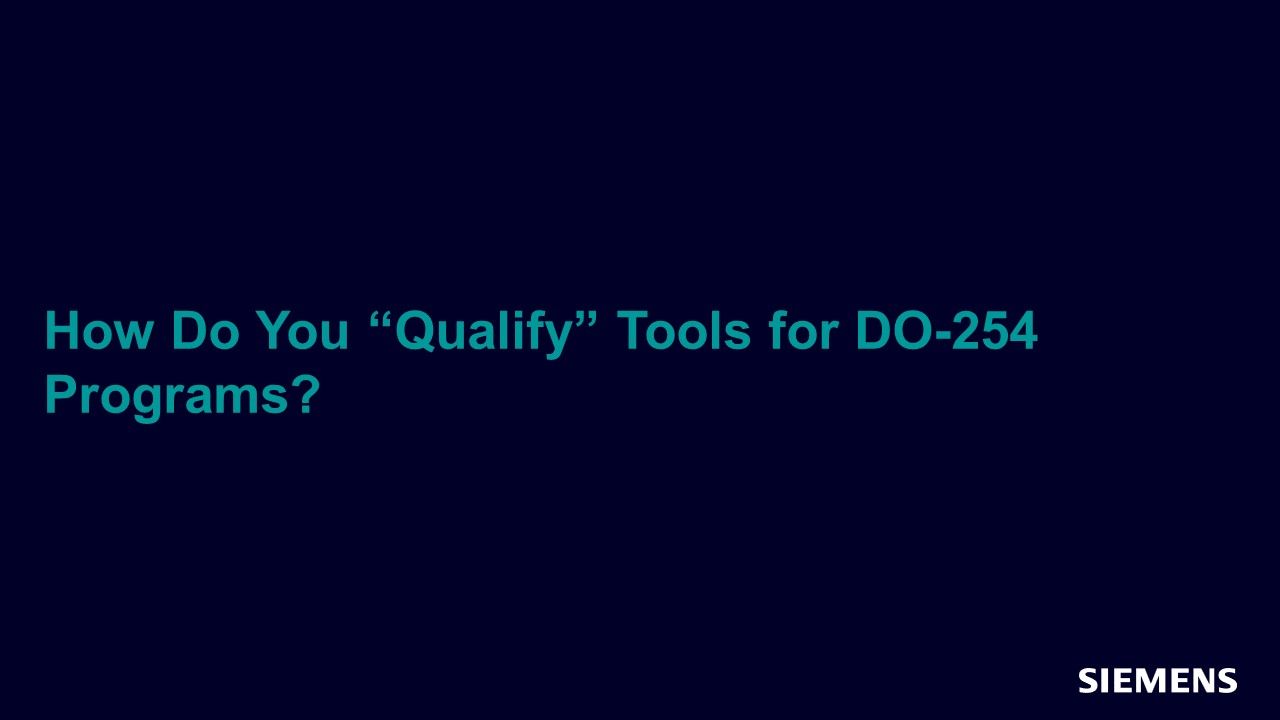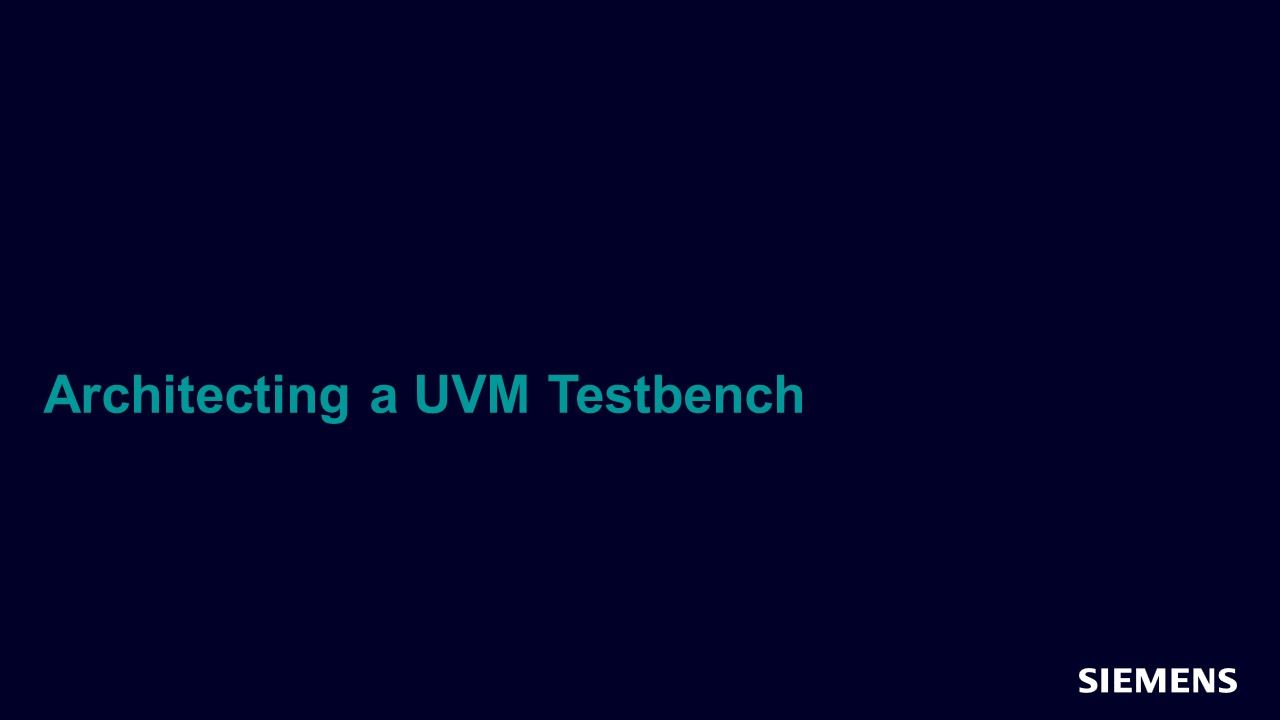Browse all Advanced content in Siemens Verification Academy
Search Results - 80 results
Filters
July 2024
-
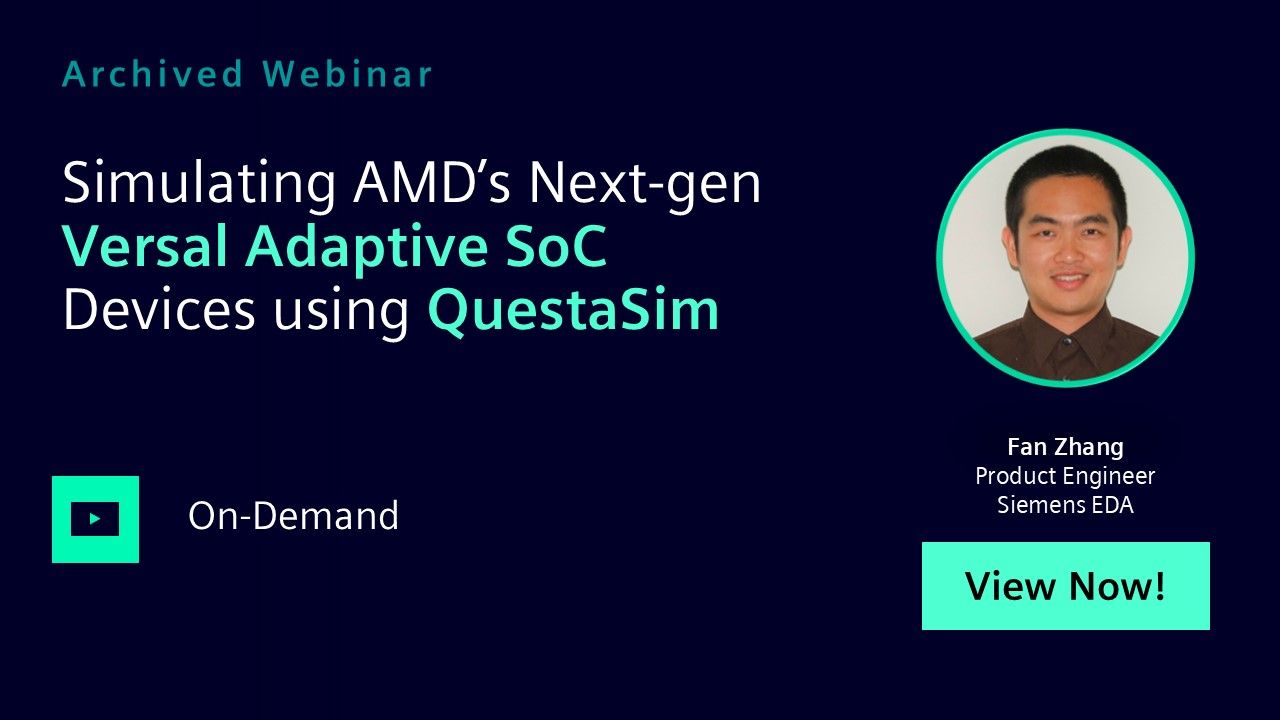
Simulating AMD’s Next-gen Versal Adaptive SoC Devices using QuestaSim
Simulation Jul 24, 2024 Webinar
April 2024
March 2024
-
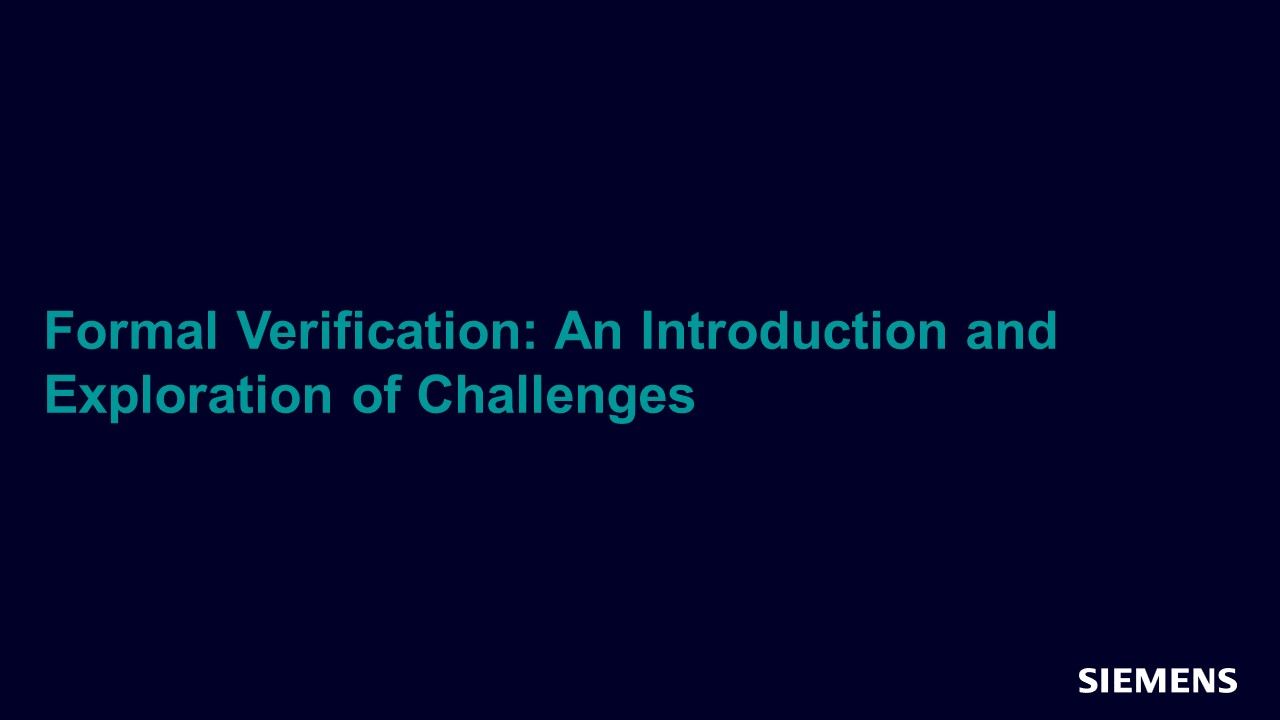
Formal Verification: An Introduction and Exploration of Challenges
Formal Verification Mar 01, 2024 Article -

Maximize Returns on Your Hardware Emulation Investment with the Veloce Enterprise (ES) App
Acceleration Mar 01, 2024 Article
February 2024
-
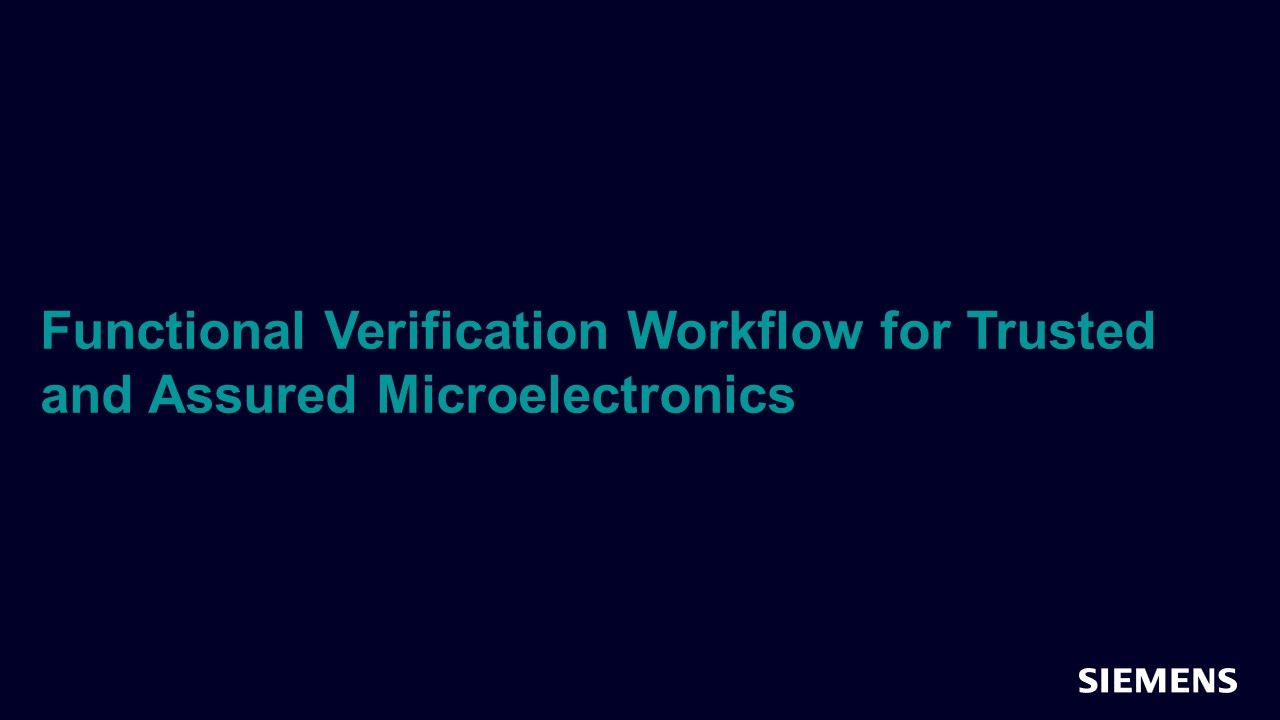
Functional Verification Workflow for Trusted and Assured Microelectronics
Formal Verification Feb 06, 2024 Webinar -
Functional Verification workflow for Trusted and Assured Microelectronics
Formal Verification Feb 06, 2024 pdf
June 2023
May 2023
December 2022
July 2022
-
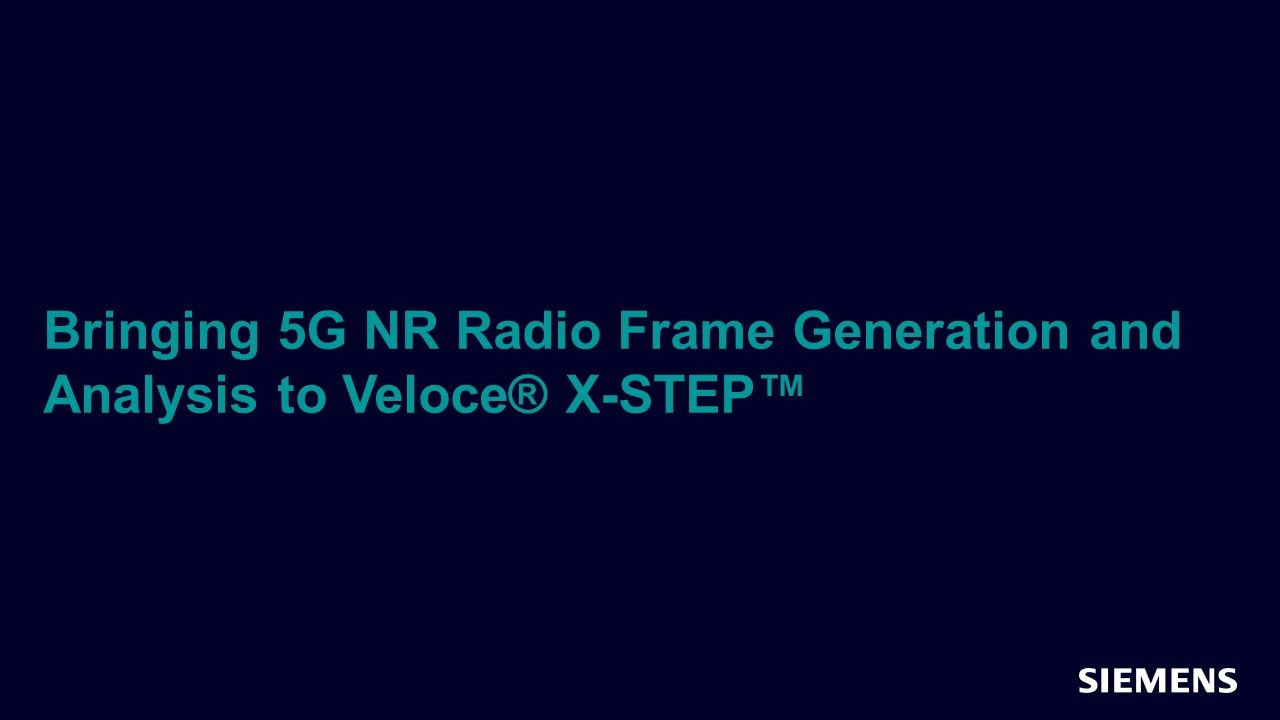
Bringing 5G NR Radio Frame Generation and Analysis to the Veloce® X-STEP™ Product Family
Acceleration Jul 05, 2022 Article -
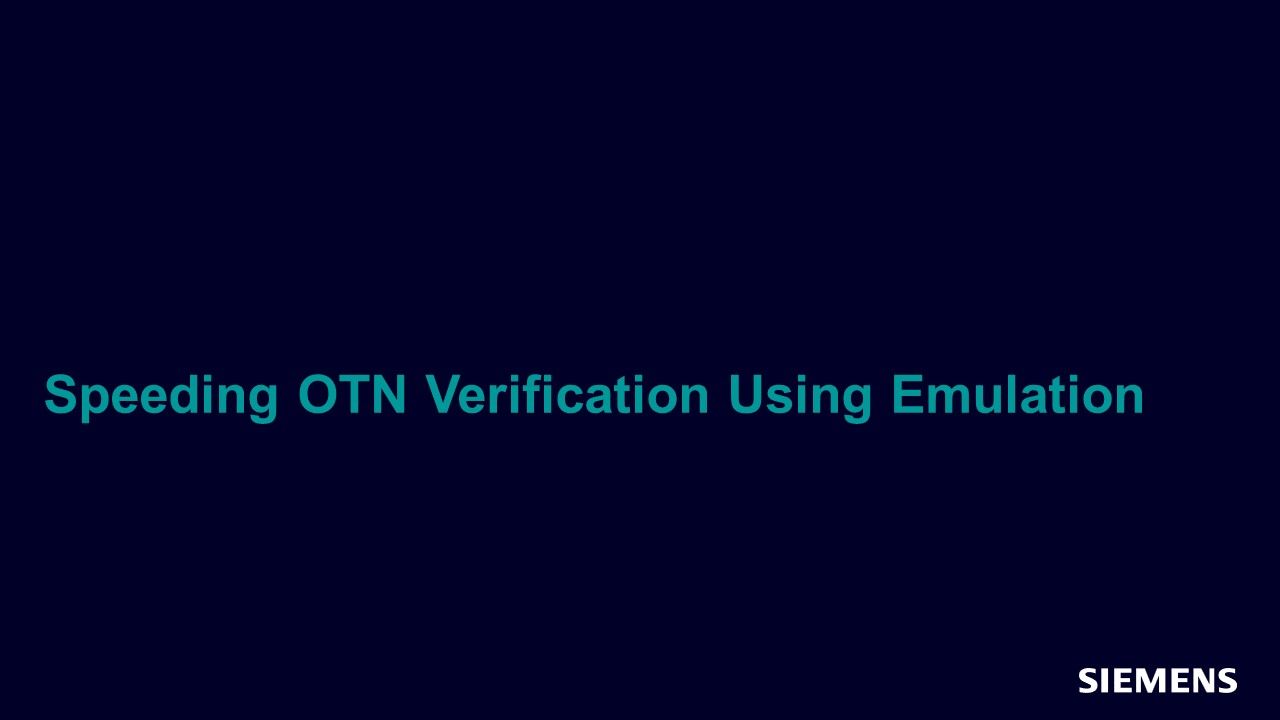
March 2022
September 2021
-
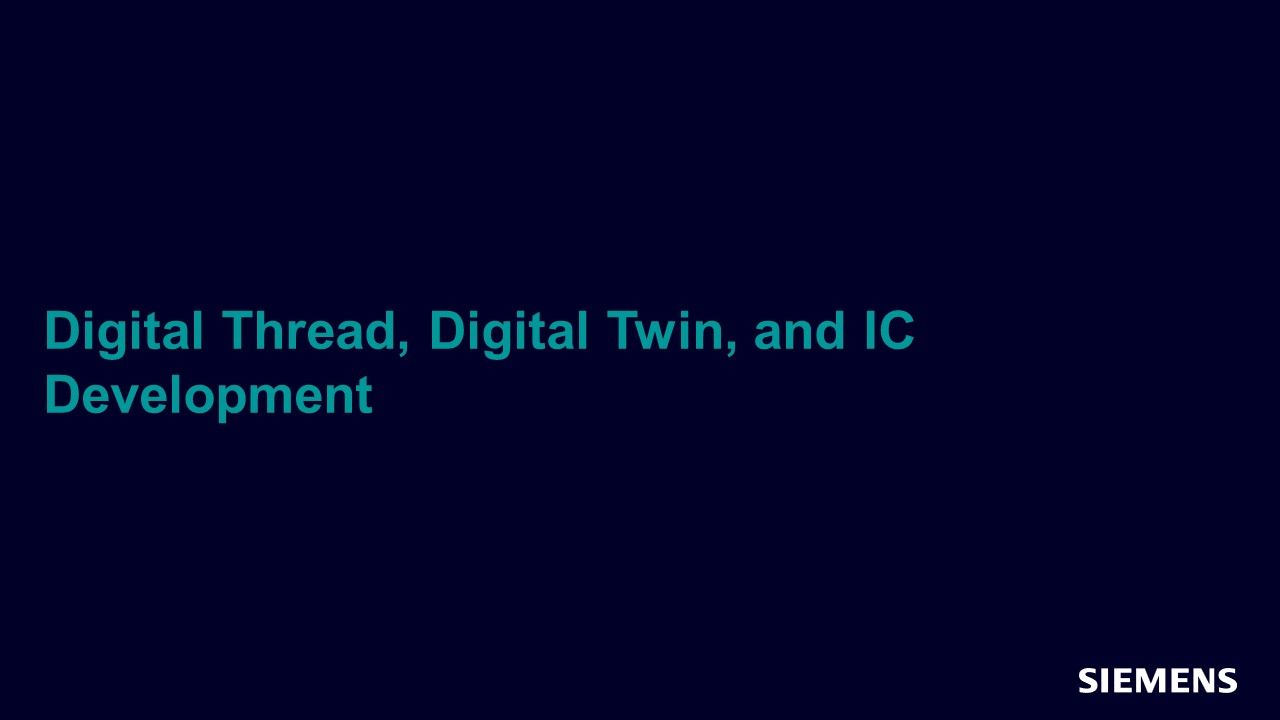
-
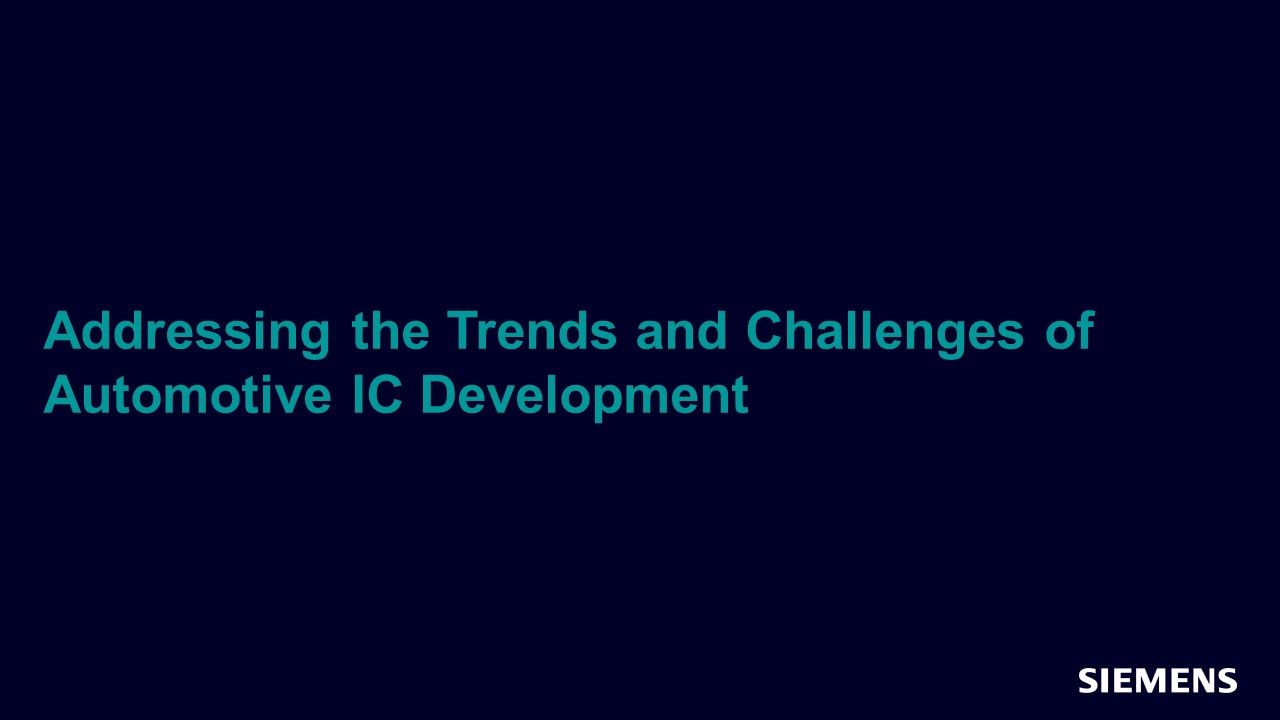
Addressing the Trends and Challenges of Automotive IC Development
Functional Safety Sep 01, 2021 Article -
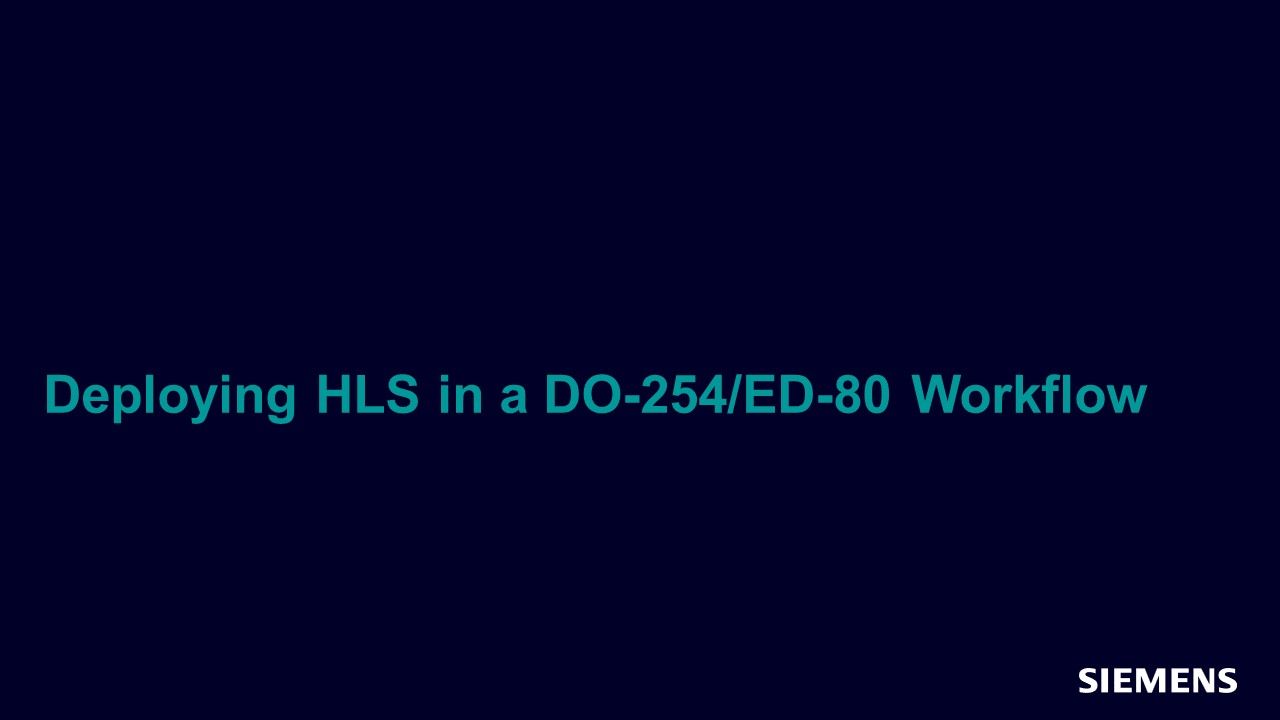
-
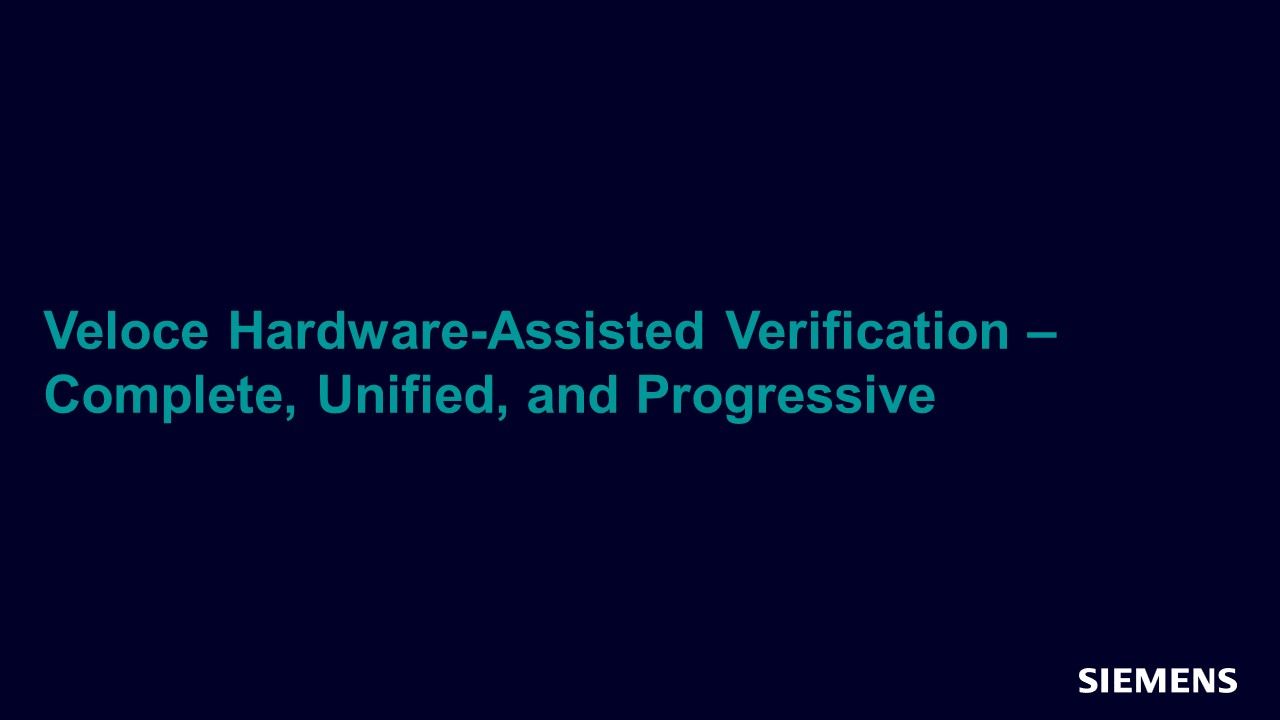
Veloce Hardware-Assisted Verification – Complete, Unified, and Progressive
Acceleration Sep 01, 2021 Article -
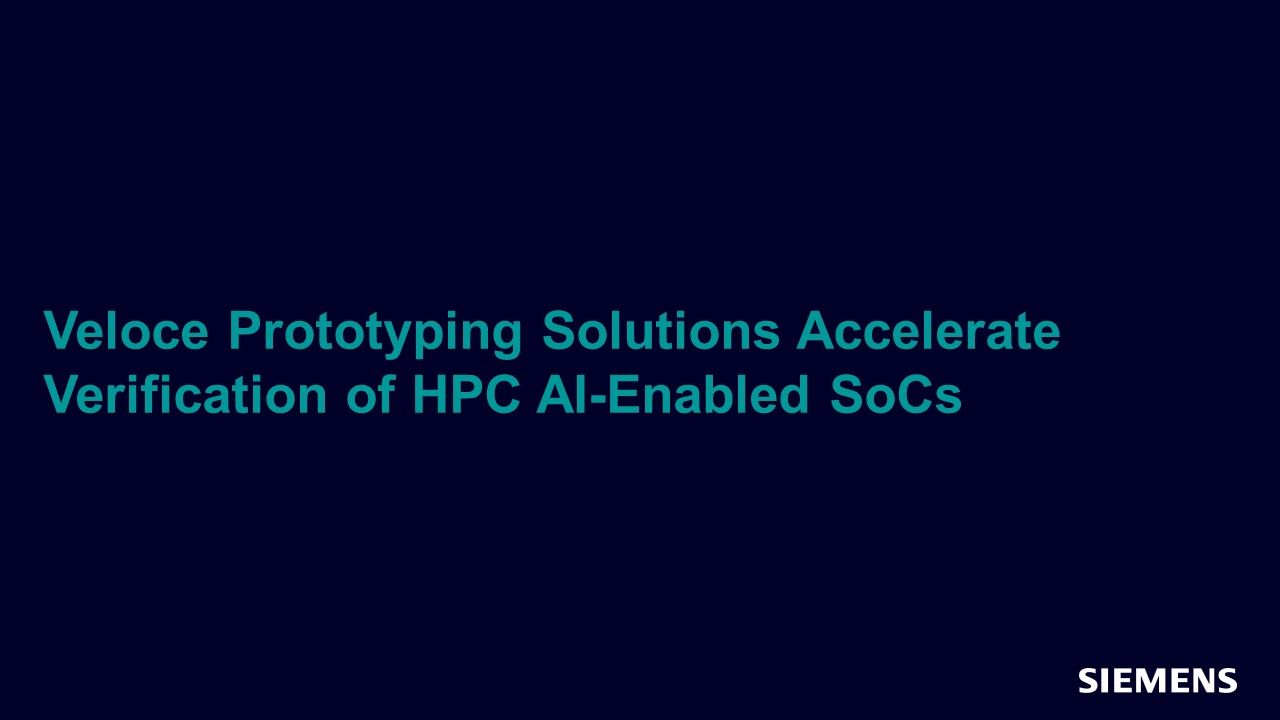
Veloce Prototyping Solutions Accelerate Verification of HPC AI-Enabled SoCs
Acceleration Sep 01, 2021 Article
July 2021
-

Extending the Role of Test and In-System Test to Meet Automotive Safety and Security Requirements
Functional Safety Jul 29, 2021 Webinar
